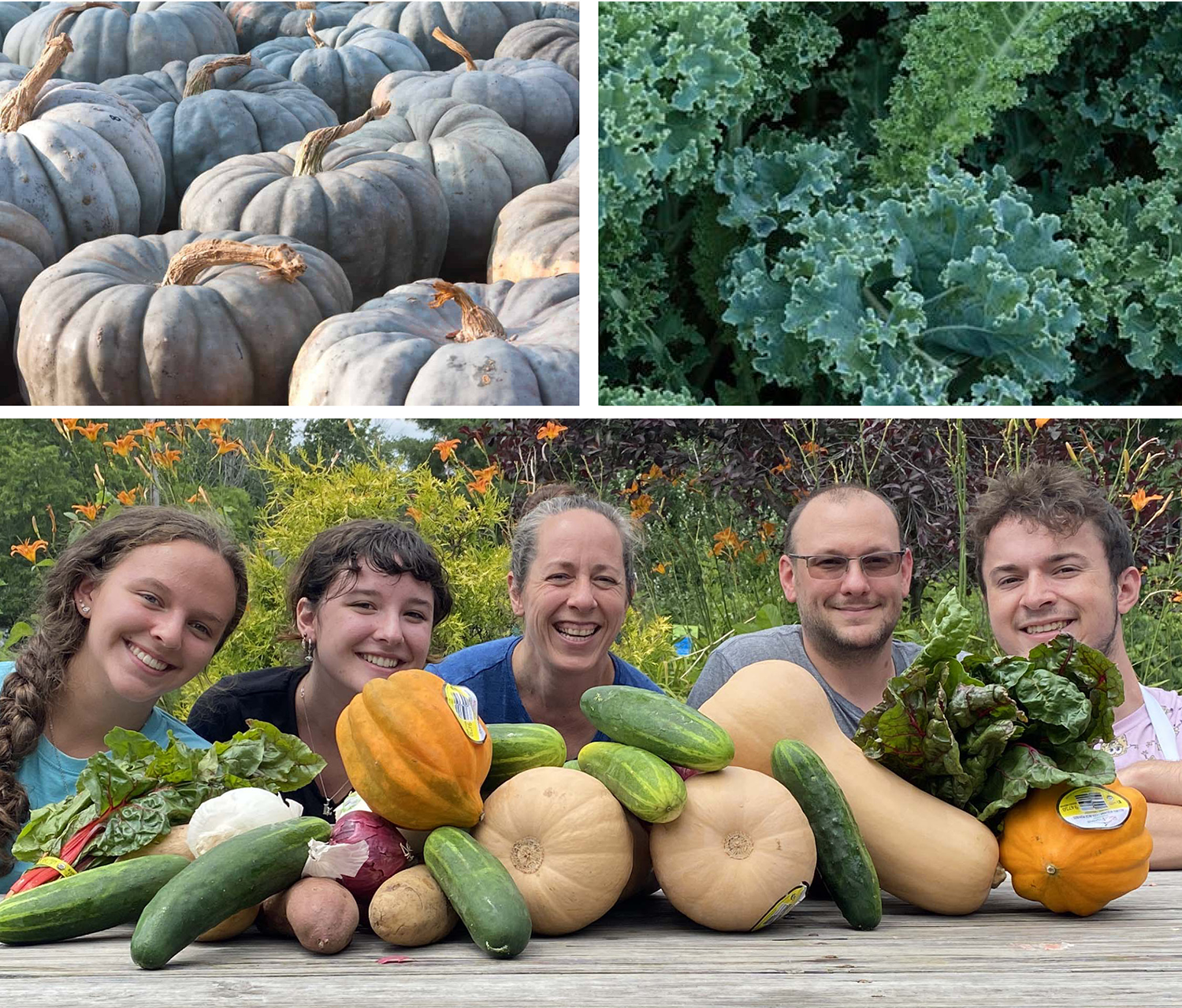A food co-op is a grocery store owned by your neighbors (and by you, if you choose). Unlike corporate chains, we’re totally independent and owned by the community members who shop here.
Here’s how it works: Everyone is welcome to shop, eat and hang out here. And everyone is welcome to join the co-op by making a one-time investment. In a year when the co-op makes a profit, you will receive a “patronage refund” based on the amount of your purchases over that year. The more you shop, the bigger your refund.
While each food co-op is unique and owned by the community, they’re also part of a network of neighborhood stores across the country that work together toward the day when everyone has the good, local, healthy food they deserve. Welcome to the table!
One of the ways cooperatives differ from other business structures is their adherence to cooperative principles and values that reflect social, political, and business concerns. The following principles are used by the International Cooperative Alliance and are generally accepted by cooperatives worldwide.
Cooperatives are also based on the values of self-help, self-responsibility, democracy, equality, equity, and solidarity. Cooperative members believe in the ethical values of honesty, openness, social responsibility, and caring for others.
The 7 Cooperative Principles
-
Cooperatives are voluntary organizations, open to all persons able to use their services and willing to accept the responsibilities of membership, without gender, social, racial, political, or religious discrimination.
-
Cooperatives are democratic organizations controlled by their members, who actively participate in setting their policies and making decisions. Men and women serving as elected representatives are accountable to the membership.
-
Members contribute equitably to, and democratically control, the capital of the cooperative. The economic benefits of a cooperative operation are returned to the members, reinvested in the co-op, or used to provide member services.
-
Cooperatives are autonomous, self-help organizations controlled by their members. If they enter into agreements with other organizations, including governments, or raise capital from external sources, they do so on terms that ensure democratic control by their members and maintain their cooperative autonomy.
-
Cooperatives provide education and training for their members, elected representatives, managers and employees so they can contribute effectively to the development of their cooperatives. They inform the general public about the nature and benefits of cooperation.
-
Cooperatives serve their members most effectively and strengthen the cooperative movement by working together through local, national, regional and international structures.
-
While focusing on member needs, cooperatives work for the sustainable development of their communities through policies approved by their members.
Natural food co-ops are an amazing co-op success story. In the 1970s thousands of people became interested in organic, natural, and unprocessed basic foods that were not readily available in grocery stores. Communities organized co-ops to get these products. They built connections with local producers and vendors and experimented with forms of management and membership structures.
Through their efforts over many years, we now have a thriving organic and natural foods industry that is providing a market for producers who want to use earth-friendly and sustainable farming methods. Urban and rural folk have developed new bonds while consumers around the globe have grown more aware of their power to transform society through the products they purchase every day.
It is important to remember that the value of being a member/owner is in the use of services. In other words, there are businesses that you could invest in, never use and yet still make money on your investment. Shopping here makes the business profitable, supports local farmers and employs your neighbors.


